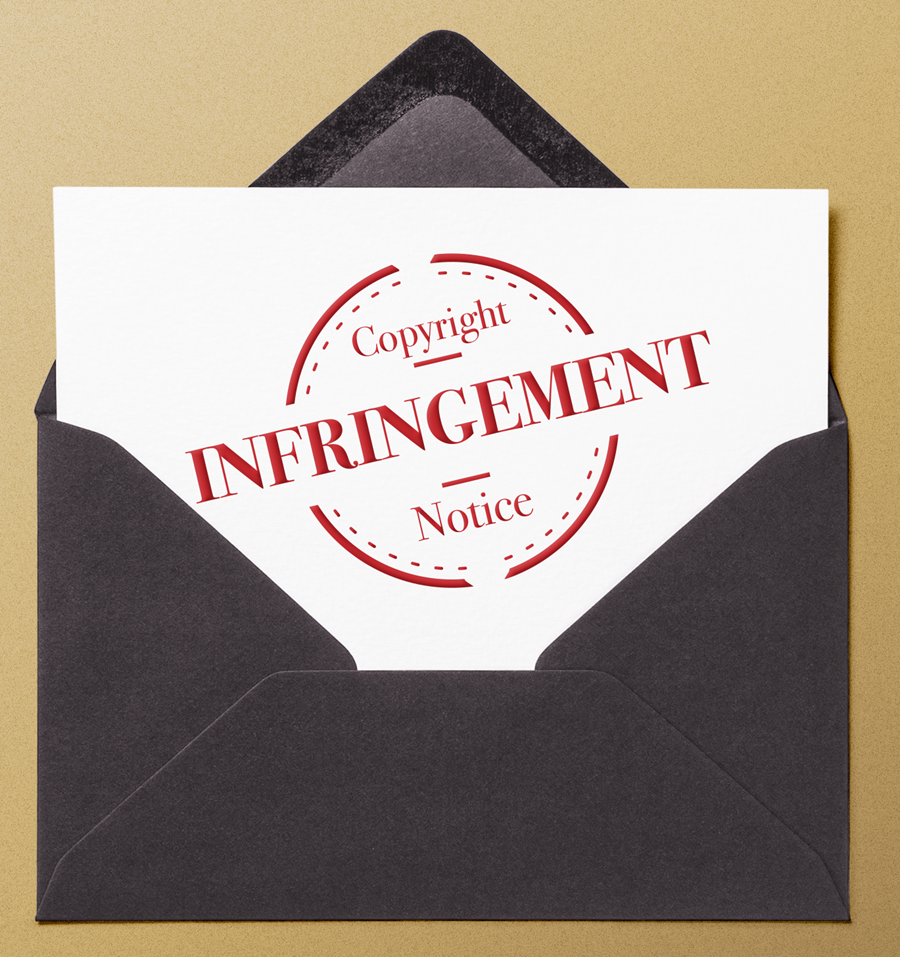Major copyright cases like Disney vs. Redbox continue to highlight the importance of understanding copyright infringement year after year.
As part of the Higher Education Opportunity Act's institutional requirements for combating unauthorized distribution of copyrighted material by network users, the university and IT Services are required to provide information pertaining to copyright infringement. This information is important for students, faculty and staff to understand.
It is a violation of the Code of Computing Practices at the University of Arkansas for any user to commit copyright infringement using university resources, including any campus or residence hall networks. Violation of the Code of Computing Practices is also a violation of the Code of Student Life (Code of Student Life, Section I.B.28). Violations may result in disciplinary sanctions as well as the suspension or revocation of the user's access to university resources or networks (Code of Computing Practices, Sections III.E.2).
What is Copyright Infringement?
Copyright infringement is the act of exercising any rights granted to the copyright owner without permission or legal authority (Title 17, United States Code, Section 106 of the Copyright Act). Copyright owners have exclusive rights of reproduction, adaptation, publication, performance, and display. Infringement includes the reproduction or distribution of a copyrighted work in the following ways:
-
While downloading a file using file sharing applications. Using the copyrighted content for any purpose may put the user in violation of policy as content of the file is distributed. Doing anything with copyrighted content on a peer-to-peer network potentially puts the user in violation of this policy.
-
Downloading or uploading parts of a copyrighted work without authority.
Downloading or uploading large parts of a copyrighted work without authority constitutes as an infringement. Willful copyright infringement can result in criminal penalties including imprisonment of up to five years and fines of up to $250,000 per offense. -
Downloading and distributing copyrighted material
Users engaged in the distribution of copyrighted material are subject to fines. Penalties include imprisonment of up to ten years and fines of up to $250,000 in fines. For example, a person who lawfully acquires an authorized copy of a motion picture would be an infringer if he or she engages in the business of renting it to others for an unauthorized public performance.
Copyright infringement can also result in civil and criminal penalties. Anyone found liable for civil copyright infringement can be ordered to pay damages, with fines ranging from $750 to $30,000 per work infringed. For "willful" infringement, a court may award up to $150,000 per work infringed. A court can also assess costs and attorneys' fees (Title 17, United States Code, Sections 504, 505).
To learn more about how the university combats unauthorized distribution of copyrighted material, see its.uark.edu/policies/copyright.
Topics
Contacts
Chris Butler, director of communications
Information Technology Services
479-575-2901,
